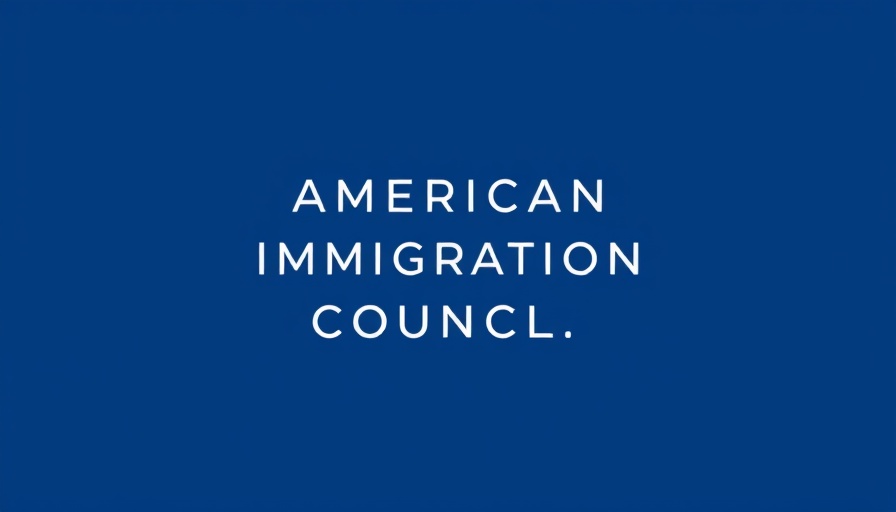
Understanding the New US Visa Integrity Fee: What's in Store for Non-Immigrants?
A significant shift in the US visa landscape is set to take place with the introduction of the US Visa Integrity Fee for various non-immigrant visa categories, including H1B, B1/B2, and F1. Signed into law on July 4th, 2025, by President Trump as part of the comprehensive One Big Beautiful Bill (OBBB), this fee aims to address increasing overstays among foreign visa holders.
The Rationale Behind the Fee
The US Department of Homeland Security (DHS) reported staggering figures of visa overstays, with around 565,155 foreign citizens overstaying in the US in FY 2023 alone. These statistics have prompted the federal government to impose additional fees as part of a larger initiative to tighten immigration regulations.
What Does the Fee Look Like?
Starting at $250 for FY 2025, the Visa Integrity Fee will be an addition to existing visa costs, such as the MRV fee that applicants already pay during their visa appointments. For instance, an H1B or L1 visa applicant would pay about $205 for the visa itself, plus the new integrity fee. This could potentially impact the number of applications as candidates evaluate the rising cost of entry into the US.
Refund Conditions: How Will It Work?
One of the major concerns surrounding this new fee is its reimbursement policy. While specifics are still emerging, the conditions required to obtain a refund could set the stage for negotiations and increased scrutiny on visa applicants. For many, understanding these rules will be essential in determining their visa strategies.
Anticipated Impacts on Travelers and the US Government
The implications of this fee are twofold. On one side, the government may benefit from increased funding to manage immigration more effectively, while on the other side, potential non-immigrant applicants could feel deterred by cumulative costs. This change could reshape how businesses approach hiring foreign talent, adding layers to the already complex nature of US immigration laws.
Final Thoughts:
As this new fee takes effect, it will be crucial for stakeholders—especially business lenders, banks, and credit card providers—to stay informed about how changes in immigration policies affect labor markets and economic growth. By understanding the nuances of the US Visa Integrity Fee, businesses can better prepare for its impact on their operations and financial planning.
 Add Row
Add Row  Add
Add 




Write A Comment